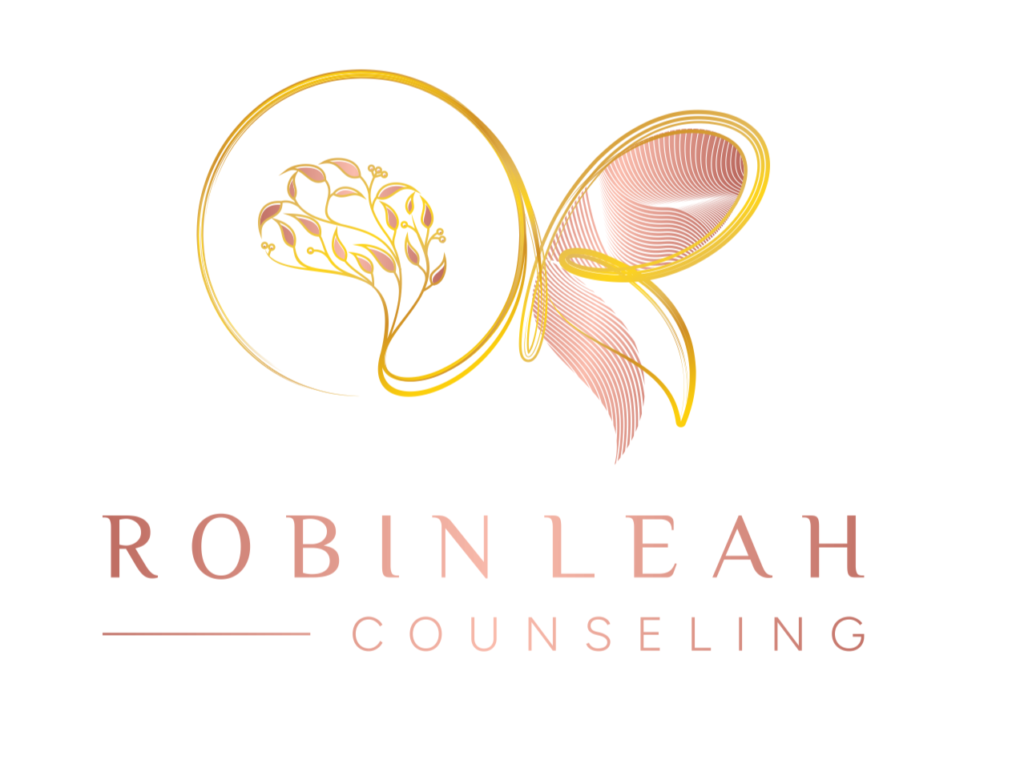Social media has become an integral part of our lives, allowing us to connect with friends and family, share our thoughts and experiences, and stay updated on current events. However, the impact of social media on mental health has become a growing concern in recent years. While social media platforms offer numerous benefits, they also have the potential to negatively affect our mental well-being.
One of the main ways in which social media can impact mental health is through the constant comparison it encourages. People often present an idealized version of their lives on social media, showcasing only the positive aspects and filtering out the negatives. This can lead to feelings of inadequacy and low self-esteem when individuals compare their own lives to the seemingly perfect lives of others. The constant exposure to carefully curated images and posts can create unrealistic expectations and a sense of dissatisfaction with one’s own life.
Moreover, social media can contribute to feelings of loneliness and isolation. While it allows us to connect with others, these connections are often superficial and lack the depth and intimacy of real-life interactions. Spending excessive amounts of time on social media can lead to a decrease in face-to-face social interactions, which are crucial for maintaining mental well-being. This can result in feelings of loneliness and a sense of disconnect from the real world.
Another concerning aspect of social media is the potential for cyberbullying and online harassment. The anonymity provided by social media platforms can embolden individuals to engage in hurtful behavior, leading to negative psychological effects on the victims. Cyberbullying can cause anxiety, depression, and even suicidal thoughts, as individuals may feel trapped and unable to escape the constant harassment.
Furthermore, the constant exposure to news and information on social media can contribute to feelings of anxiety and stress. The 24/7 news cycle and the ability to instantly share and consume information can be overwhelming, leading to a constant state of alertness and worry. The spread of misinformation and fake news on social media platforms can also contribute to feelings of confusion and uncertainty, further impacting mental well-being.
Despite these negative impacts, it is important to note that social media can also have positive effects on mental health. It can provide a platform for individuals to share their experiences and find support from others who may be going through similar challenges. Social media can also be a valuable tool for raising awareness about mental health issues and connecting individuals with resources and support networks.
To mitigate the negative impact of social media on mental health, it is important to practice healthy social media habits. This includes setting boundaries and limiting screen time, being mindful of the content we consume, and actively seeking out positive and supportive communities online. Additionally, maintaining a balance between online and offline interactions is crucial for overall mental well-being.
In conclusion, while social media has its benefits, it is important to be aware of its potential negative impact on mental health. By practicing healthy habits and being mindful of our social media usage, we can ensure that it enhances rather than detracts from our overall well-being.
Mental health counselors have a crucial role in supporting individuals who are adversely affected by social media. #RobinLeahCounseling #MentalHealth #StopBullying #TherapyWorks @Cupofcounseling

